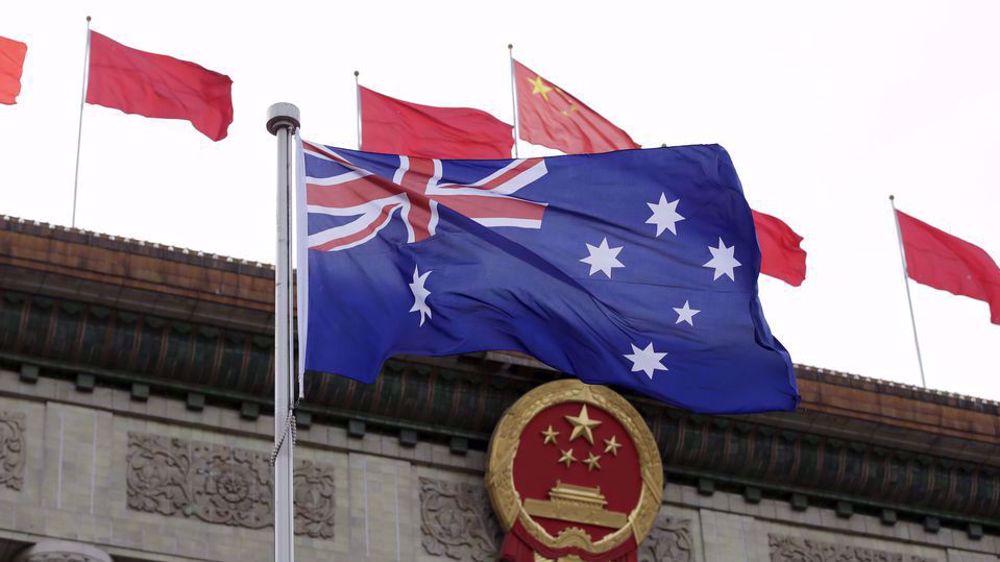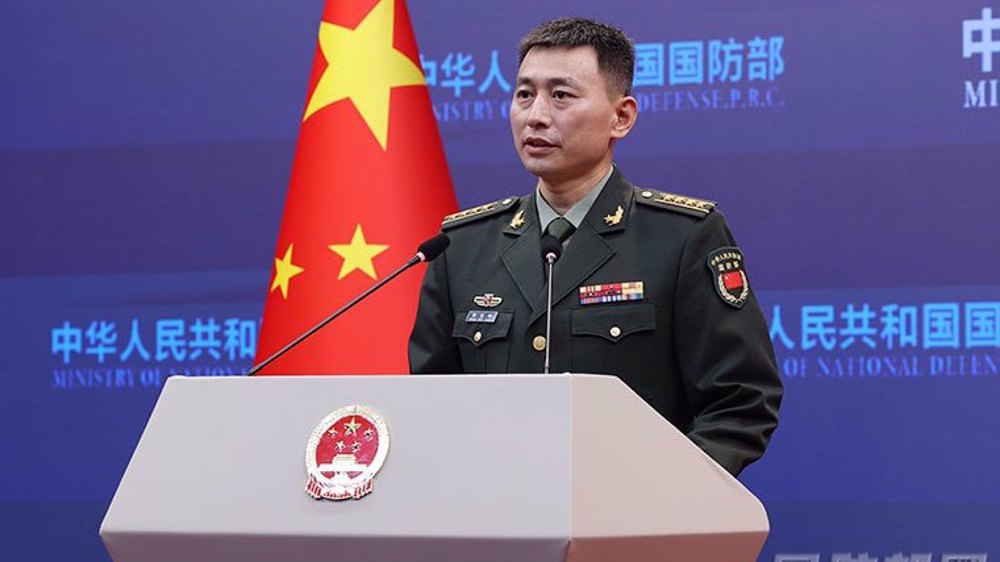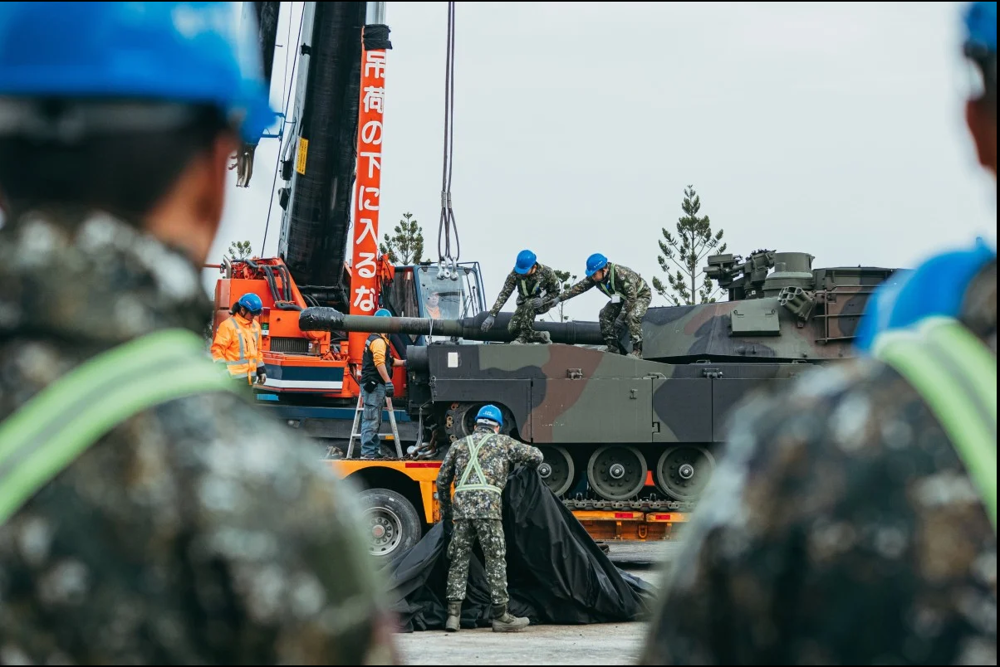China suspends economic dialogue with Australia as relations curdle
China's government has announced it is "indefinitely" suspending all activities under a China-Australia Strategic Economic Dialogue.
The announcement on Thursday marks the first formal freeze of a diplomatic mechanism since relations between the two countries soured.
According to analysts, the move by the National Development and Reform Commission (NDRC), China's main planning body, is likely retaliation for Australia’s recent announcement that it was tearing up two agreements between Beijing and Victoria.
The commission issued a statement accusing Australia of unfairly targeting China.
"Recently, some Australian Commonwealth Government officials launched a series of measures to disrupt the normal exchanges and cooperation between China and Australia out of Cold War mindset and ideological discrimination," the NDRC said.
Following the announcement, the Australian dollar fell dramatically, and was as low as 0.7701 to the US dollar from Wednesday's $0.7747.
Bilateral relations between Beijing and Canberra soured in 2018 when Australia became the first country to ban Chinese tech giant Huawei from its 5G network.
Ties further strained last year when Australia called for an independent probe into the origins of the novel coronavirus, prompting trade reprisals from China.
The last China-Australia Strategic Economic Dialogue was held in 2017, when then-trade minister Steve Ciobo travelled to Beijing for talks and signed an agreement on cooperation on Belt and Road projects in third-party countries.
Australia has, however, declined to sign agreements on direct participation in China's flagship foreign policy initiative.
In April, Canberra cancelled two Belt and Road cooperation deals, prompting the Chinese embassy to warn that relations would worsen.
In December, Australia's federal parliament granted veto power over foreign deals by states amid the worsening diplomatic dispute with China, which has imposed a series of trade sanctions on Australian exports.
Successive Australian trade ministers have been unable to secure a phone call with their Chinese counterparts since diplomatic tensions deteriorated last year.
Meanwhile, Australian Trade Minister Dan Tehan described the commission’s decision as "disappointing" because the economic dialogue was "an important forum for Australia and China to work through issues relevant to our economic partnership".
"We remain open to holding the dialogue and engaging at the ministerial level," he said in a statement.
In the 12 months to March, Australia exported $149 billion ($115 billion) worth of goods to China, which excluded services, of which iron ore was by far the largest product.
Experts say that the bilateral strains would not significantly affect the iron ore trade.
"We believe the iron ore trading relationship between Australia and China will remain ring-fenced in relation to current political tensions between the two nations," said Atilla Widnell, managing director at Singapore-based Navigate Commodities Ptd Ltd.
"This is a co-dependent relationship whereby either party cannot survive without the other."
Experts also believe the Chinese commission’s decision is likely to have little practical impact on Australia.
Analyst Jeffrey Wilson, from the Perth USAsia Centre, said China’s move was an "act of pure symbolism" with "zero substantive effect".
"The Strategic Economic Dialogue has been in abeyance for nearly four years; not to mention the fact that official interactions across the board have been wholly suspended by the Chinese side since April 2020," he said.
Monash University economy professor Heling Shi also said the move could not have a dramatic economic impact.
"I think China still needs Australia's iron ore. China's economy is recovering, and to a huge extent, China still relies on iron ore from Australia, so the economic activities won't stop," he told the ABC.
‘All wars have rules. All of those rules have been broken’ by Israel
VIDEO | Report flags India’s violation of rights of Rohingya detainees
Turkey's foreign minister meets Syria's de facto leader in Damascus
'Next to impossible' to rescue patients from Gaza's Kamal Adwan Hospital: Director
VIDEO | Vietnam current prosperity
Report blames gasoil exports for shortage at Iranian power plants
VIDEO | Hind Rajab Foundation names Israeli war criminals vacationing after Gaza genocide
VIDEO | Australians rally for Gaza ahead of Christmas festivities










 This makes it easy to access the Press TV website
This makes it easy to access the Press TV website